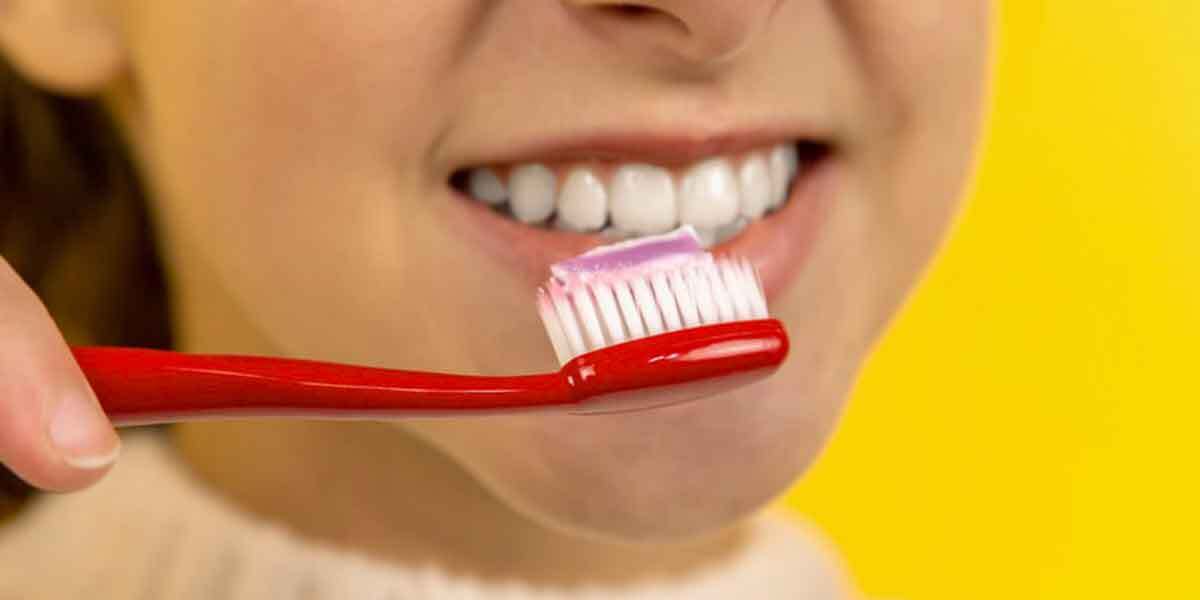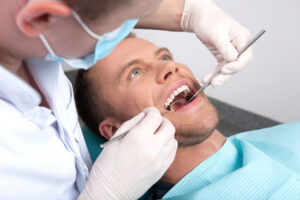Author: nearmedental
Your child’s well-being is your priority, and oral hygiene routine is a vital element of overall health. The care of teeth and gums for your child starts with you – you may put them on the proper path for a life of outstanding oral hygiene routine.
Infant’s Oral Hygiene Routine
Babies are born with all the teeth – though, in the gums, you can’t see them. Baby teeth start breaking through gums for about six months, but it’s crucial to start a good oral hygiene routine for the infants even before the first tooth comes in. Healthy teeth originate from healthy gums. Here is a perfect oral hygiene routine for your kids:
- Wipe your kid’s gums after feeding with a smooth washcloth, and it helps to eradicate the tooth-decaying microorganisms.
- Use a soft-bristled toothbrush twice a day when you begin to break up.
- Brush your teeth with fluoride toothpaste in an amount of little more than a smear of rice.
- Take the bottle off after your child drinks to prevent tooth decay from a baby bottle. Baby bottles can cause tooth rot when babies sip bottle milk, formula, or juices or fall asleep in a bottle for lengthy durations.
- Make the first dental visit of your kid visible either before the first birthday or after the first baby tooth.
Children’s Oral Hygiene Routine
As children develop, they should grow in their oral hygiene routine. Children are three years old with all their baby teeth. These are the primary teeth. Babies’ teeth begin to fall about age 6 when teeth start to come in permanently or in adulthood. Baby teeth have gaps between the teeth, and the permanent teeth take place for them. The most stable teeth are by 13 years of age.
Establish The Best Children’s Oral Hygiene Routine
Here are some ways to help keep the teeth of your child healthy and robust at the age of 3:
- Use a fluoride toothpaste pea-sized quantity and ensure that your youngster spits it after brushing.
- Make sure that your youngster is brushing twice a day for at least 2 minutes.
- Start to flow as soon as you feel like the teeth or create healthy habits even sooner.
- Assist with brushing and flowing your youngster and tell them to be careful of the back teeth.
- Every six months, visit the dentist.
Preteens’ Oral Hygiene Routine
The rigorous daily oral hygiene routine is vital to keep your teeth and gums healthy as youngsters grow old and more permanent in the teeth. Preteens cannot be kept interested in their oral hygiene routine, though.
Try out the following techniques to track your kids and ensure whether they follow the proper oral healthcare routine or not:
- As preteens are increasingly aware of their looks, a regular oral hygiene routine can enable them to feel better and look better.
- Remember that your children brush with fluoride toothpaste for two minutes twice a day, not only combating carbohydrates and strengthening teeth but also confident older children will breathe freshly. Brushing could be more exciting for Preteens with a powerful toothbrush.
- Flossing is essential because most continuously erupting teeth help prevent cavities and maintain the freshness of the mouth between them.
- Encourage children who play sports with a mouthguard to protect their teeth against injury.
- Encourage children who wear wristbands to wear a powerful brush.
Things To Consider
Babies are typically fed thumbs, fingers, and a pacifier. By age 4, most kids give up their habits, and prolonged use may create dental alignment difficulties. Talk to your dentist if your child is still sucking after four years of age. As your child’s teeth mature, you may look at concerns. In most youngsters, there is no cause until the permanent front teeth grow in at age 6.
When To See A Dentist
Around its first birthday, the American Academy of Pediatric Dentistry (AAPD) recommended seeing a dentist. This provides your dentist with the opportunity to find early dental problems. Pediatric dentists specialize in children’s dental health treatment, and the dentist will discuss the oral hygiene routine with you.
Your child will benefit from visiting the dentist from a young age. The beneficial habit of regular dental inspections is also established. Twice a year everybody must go to see the dentist.
Conclusion
Following a proper oral hygiene routine is essential for kids. Understanding the tips mentioned above will help you ensure that they follow the proper oral hygiene routine and always stay on track. Also, here are some tricks to help you encourage the kids in focusing more on their oral hygiene routine.



